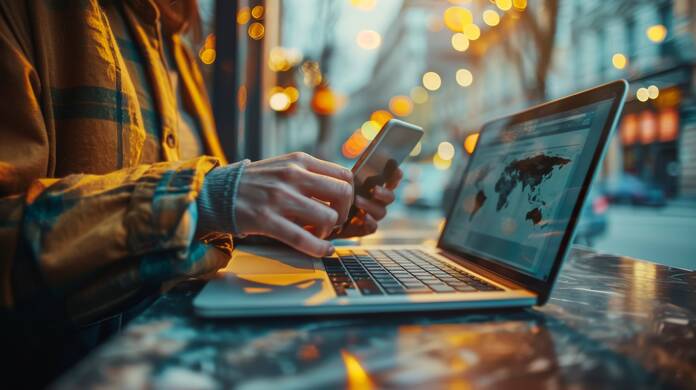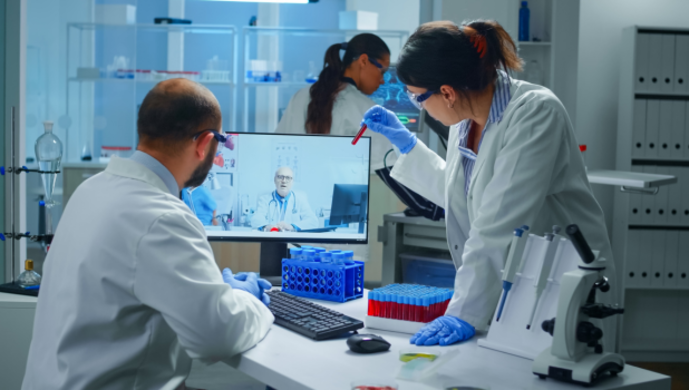How is this crisis any different?
Unlike the economic crisis of 2008, when we feared losing our jobs or our savings, the current crisis has a much stronger human impact: we fear losing our lives or the lives of our loved ones. This fear raises questions about our own survival and will lead to changes in the behaviour of consumers, employees and investors. These changes affect the three-business model components, which need to be revisited.
What can we change in our current business model?
The first component of the business model is the value proposition, which describes what we offer to customers. This crisis is pushing consumers to rethink their basic needs, to reconsider the notion of over-consumption. In order to face it, the company can look at "the job to be done", i.e. the basic, raw need it is trying to meet. Through this questioning, they can innovate and come up with original, often frugal answers.
This crisis is pushing consumers to rethink their basic needs, to reconsider the notion of over-consumption.
The second component of the business model is the value architecture, i.e. the way in which the company is organized to deliver the value proposition to the customer. The current crisis will impact it in at least two ways.
Firstly, this crisis has revealed our fragile supply chains: the use of offshoring, based almost exclusively on financial criteria, will be questioned. Secondly, the massive recourse to telework will reveal both the advantages and disadvantages of this mode of organization and will question the management's search for control. A step backwards seems impossible.
Finally, the profit equation, the third component of the business model, is also questioned: profit is not an end in itself, but contributes to perpetuating the company’s purpose. Thus, customers, employees and investors will question companies about their role in society. For example, LVMH has responded by producing hydro-alcoholic gel on its perfume lines.
Profit is not an end in itself, but contributes to perpetuating the company’s purpose.
In this case, do companies take the risk of being called opportunists, engaging in "coronavirus washing"?
Yes, if these solutions only last for the crisis period. But by realizing the powerful leverage that such initiatives constitute, both for customers and employees or society in general, they can renew their reflection on their purpose to make it even more relevant: by showing that it is possible to combine profits, environmental and social impacts in a beneficial way. This is the “tour de force” achieved by companies promoting circular economy, such as Desso, for instance.
Can this crisis be seen as an opportunity to address even greater crisis such as: climate change?
This health crisis can be seen as a general rehearsal of what lies ahead of us in the coming years. In fact, climate change will cause many crises, both health and migration-related, with even worse impacts on the economy. This crisis unfortunately predicts the future. If managers want to save their companies, the environmental impact of their activities must be limited. Out of the 100 largest world economies, nearly 70 are companies. Because of their global footprint and their power, their action on the climate is considerable. Today, they are part of the problem. Let's hope that this crisis will make them understand that it is in their best interest to be part of the solution.
If managers want to save their companies, the environmental impact of their activities must be limited.
Watch the webinar by Laurence Lehmann-Ortega:








